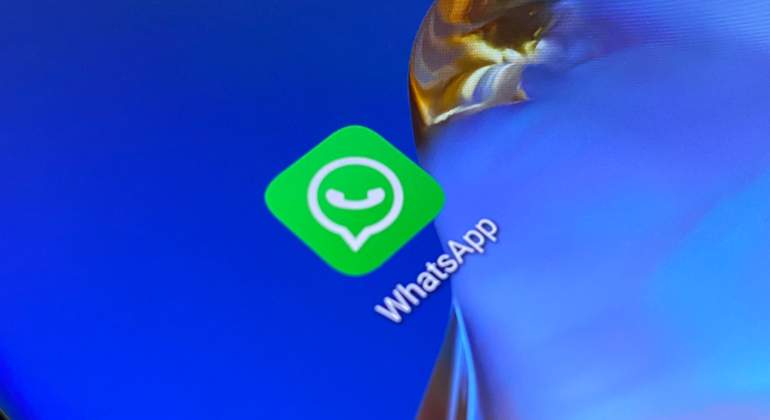Users of the WhatsApp app for Android are already receiving one of the most anticipated functionalities, the messages that disappear. Inspired by other services such as Snapchat, which based its popularity on deleting messages after a while, this function allows us to delete messages that we only want to be seen once.
After a trial period with few users, from today the WhatsApp app for Android will receive this new functionality, as long as we use the beta version, which at the moment does not accept more users. However, that indicates that its arrival to the final version for all users is very close.
Knowing if we have the new function is very easy: we will see a new icon with the number 1 next to the submit button, as shared in WABetaInfo . The operation is also simple: by default, all messages remain until we delete them manually; If for any reason we want the message to disappear automatically, we must click on the aforementioned icon so that it lights up.
The new WhatsApp option
When the other person receives the message and reads it for the first time, it will “self-destruct” , and it will disappear from both our mobile and the mobile of the recipient of the message. In addition, the person who sent the message will receive a notification that the message has been viewed.
This also works with photos and videos shared via WhatsApp. The app will allow the content to be opened, and as long as we keep it open we will be able to see it; but the moment we close the photo, it will disappear .
This novelty is especially useful to improve our privacy, sending messages and photos that we know will not remain on the other person’s WhatsApp. However, it must be clarified that this function does not prevent photos and messages from being saved ; for example, the other person may take a screenshot or a photo. WhatsApp will do nothing to prevent it as it does not have any kind of protection against screenshots.
Therefore, this functionality can be useful to gain some privacy, as long as we are very aware that it does not protect us completely, and that there are several methods to store what we send. The general rule that we must follow on the Internet is that, once the photo leaves our mobile, we no longer have control of where it can end and how it can be shared.

Leon Cooper was born and raised in Vancouver. As a Reporter for WideWorldMag, Leon has contributed to several online publications including Dream House Publications and Granville Magazine. In regards to academics, Leon has got a Post Graduation Degree in Department Of Archaeology from The University Of British Columbia. As a Reporter for WideWorldMag Leon Covers International Topics.

